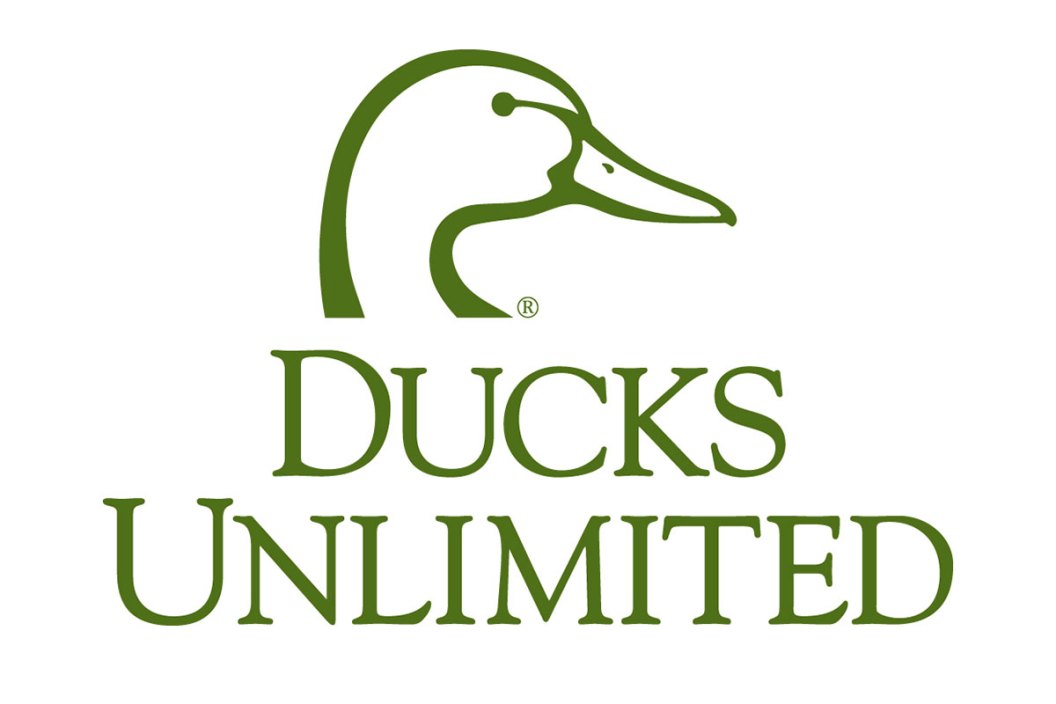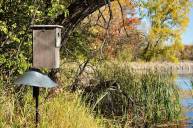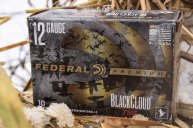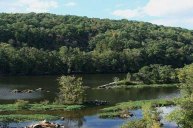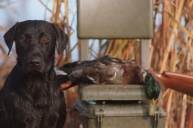Ducks Unlimited has been at the forefront of waterfowl conservation since 1937. Here's more about the esteemed organization.
For most of us, Ducks Unlimited is not only the first name in waterfowl conservation, but the frontrunner of all things that matter in habitat restoration and duck conservation in North America.
Membership in the organization operates with a grassroots, volunteer-based model and Ducks Unlimited, Inc. is technically qualified as tax exempt under section 501 (c)(3) of the Internal Revenue Code. The group is headquartered in Memphis, Tennessee.
It was during the infamous Dust Bowl, which coincided with serious waterfowl population decline, that the need for a group like Ducks Unlimited was made clear.
The idea for DU, as the non-government organization is commonly known, started during a fishing trip in New York State. It was initiated by four friends who wanted to see game birds in America flourish like they used to, and slow the demise and destruction of so much valuable waterfowl habitat.
It was John C. Huntington, Arthur M. Bartley, and Ray E. Benson who were lead by their friend Joseph Palmer Knapp and are credited as having already formed and funded an organization known as the More Game Birds in America Foundation, but they were just getting started.
As DU has said, it didn't just happen overnight:
"The banks of a trout stream may seem like a strange place for the birth of an organization devoted to waterfowl, but that is indeed where Ducks Unlimited was born. The stream was upper New York's famed Beaverkill River, but the organization did not exactly spring forth that day as if by immaculate conception."
It was in the years—many years, that is—after these hunting and fishing friends created an idea that so many of us would get behind. It led to a better understanding and appreciation of our continent's wetlands, prairie potholes, bottomlands, and breeding grounds. Even better, it really meant there was now an official group of waterfowl-specific conservationists within the hunting community across North America.
It was in the early 1930s that many sportsmen had come to the awful realization that waterfowling as they knew it may be coming to an end, but thankfully these men had a vision.
Ducks Unlimited's Early Development
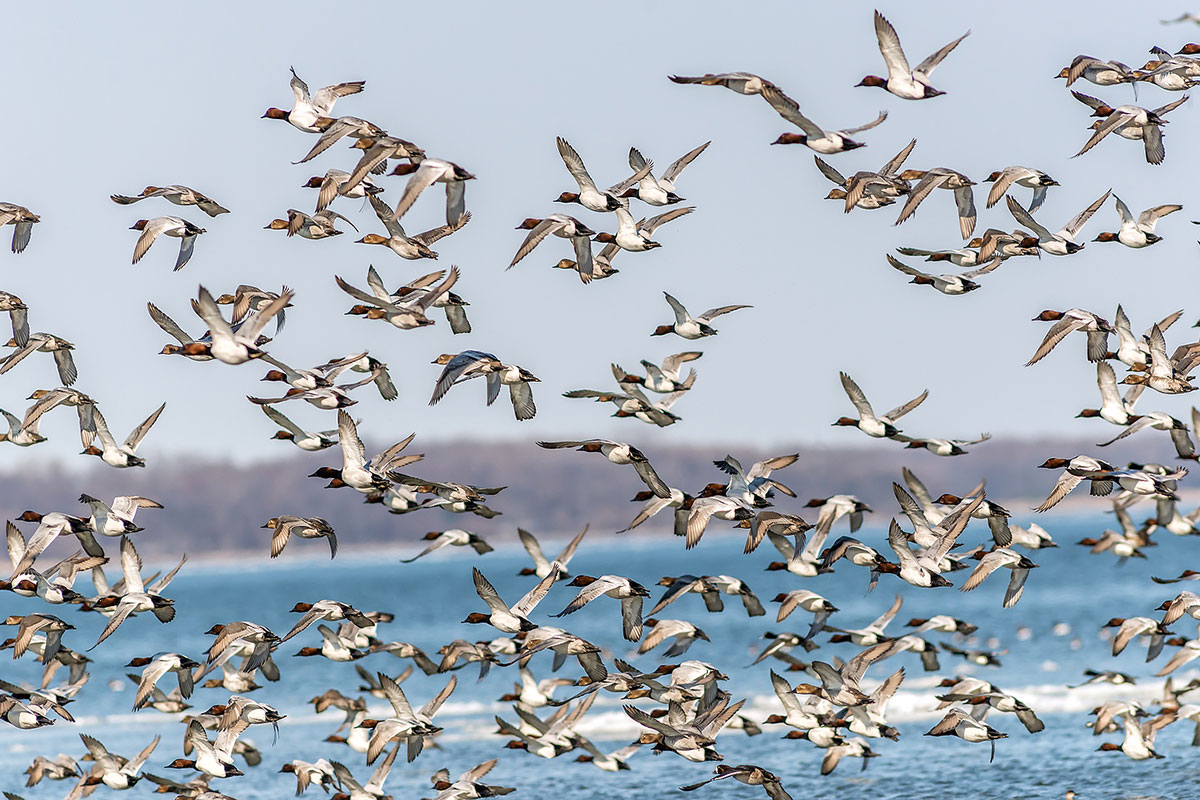
Early on, the More Game Birds entity came up with the experimental idea of raising and releasing ducks, but they soon realized that preservation of wildfowl could not rely on such a put-and-take approach. Instead, they needed to create a more sustainable habitat preservation solution for wild waterfowl, especially during the spring and summer months, long before their long winter migrations occurred.
This is where Ducks Unlimited has its roots in being a nonprofit organization by its fundraising efforts across the United States, Canada, and Mexico. The world's leader in wetland conservation may have started as an idea to build waterfowl populations across North America, but it has since grown into a legion of supporters in every state and province.
DU's public policy addressing their core mission is a simple one:
"Ducks Unlimited conserves, restores, and manages wetlands and associated habitats for North America's waterfowl. These habitats also benefit other wildlife and people."
We need to give credit where credit is due, and our Canadian brothers and sisters deserve an awful lot of it. Just one year after DU was born in the United States, DU Canada was formed in 1938 by conservation-minded Canadian sportsmen and women. They understood whole heartedly that most of the breeding grounds necessary for North American waterfowl to sustain their numbers are located north of the border in the Canadian pothole prairies.
There's even a great story behind the naming of the esteemed organization that goes like this:
"After a few names were bandied about, such as "More Ducks," Knapp suggested it be named simply "Ducks." Bartley reminded him that in Canada, corporations are legally designated as "Limited," which would mean that the new organization would be incorporated as "Ducks, Limited." Knapp, who had a quick temper, immediately snapped at Bartley, "Dammit, we don't want limited ducks!" At which point Bartley retorted, "Ducks Unlimited, then."
And the rest is history.
Aerial and even ground surveys were started by thousands of volunteers in the provinces of Saskatchewan, Alberta, and Manitoba many of whom were the landowners themselves.
The organization was credited with estimating the continent's total duck population at about 65 million birds. This wild bird census dramatically reinforced the need to focus waterfowl conservation efforts on the prairies of Canada.
The Ongoing Work of Ducks Unlimited
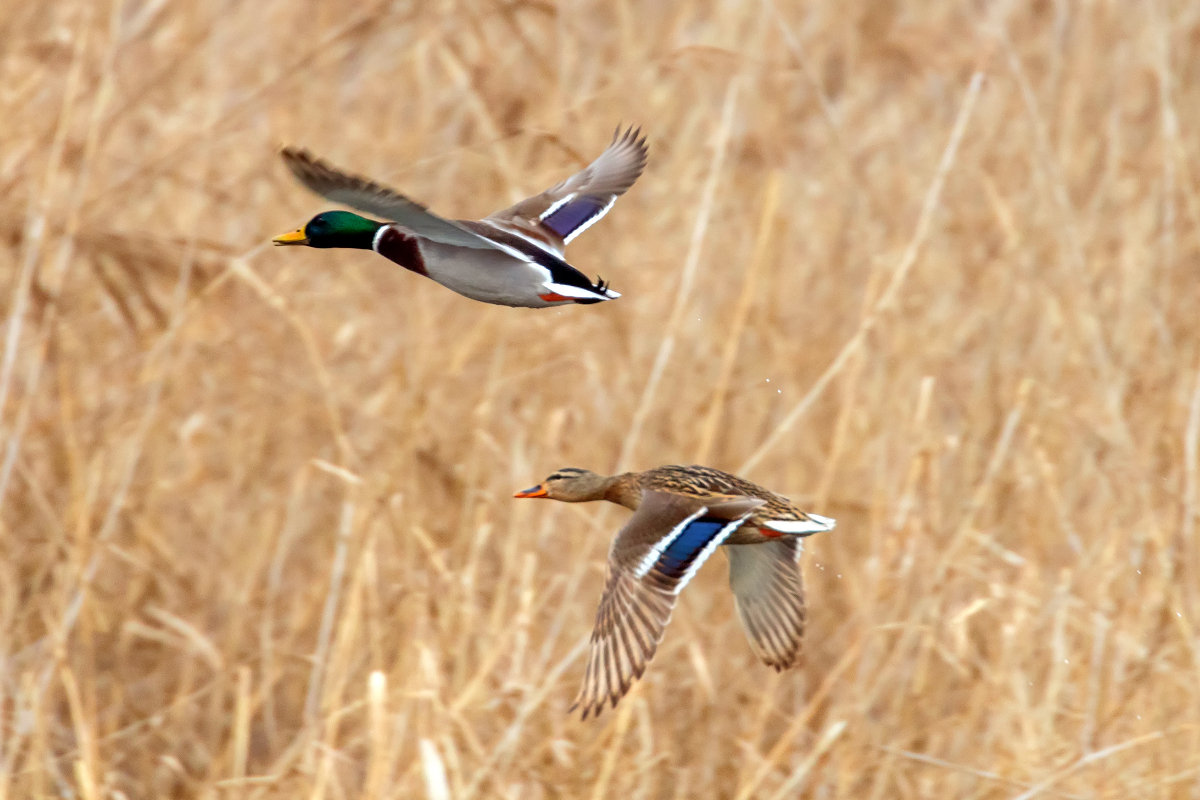
Waterfowl and wetlands conservation aside, not many wildlife species have friends such as the waterfowl of North America have in Ducks Unlimited. Fish and wildlife organizations everywhere can look at the efforts of DU as a model of efficiency for wildlife management across the country.
Knowing the effect that Ducks Unlimited has had on migratory bird populations, states and provinces from coast to coast now have the information that they need from year to year to create sustainable hunting season dates and bag limits while still identifying species that need protection.
From DU's humble beginnings there emerged a multi-million dollar industry in decoy manufacturing, firearm and ammo sales, camo manufacturing from brands like Mossy Oak and Realtree, and plenty more.
Thankfully, it's also led to a better understanding of what modern wildlife conservation is all about, and it seems that is the legacy Ducks Unlimited is creating for itself and duck hunters across the continent.
Looking for a little more or even hot lunch for your hunting blind? Follow my webpage, or on Facebook and YouTube.
NEXT: THE 7 BEST DUCK CALLS FOR THE MARSH, FIELD, AND TIMBER
WATCH
